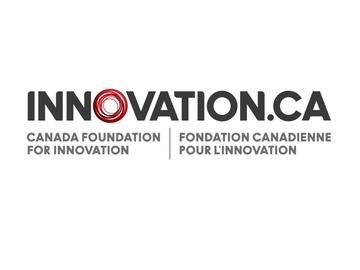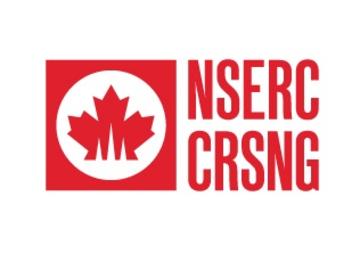-
Hypothalamic brain development
We are investigating the programs that govern the specification and migration of neurons in the embryonic and postnatal hypothalamus, with a particular focus on influence of progenitor cells that reside in the ventricular zone. At the same time, we study the effects of early-life environment on these programs by using maternal stress, obesity, and environmental contaminate paradigms. We conduct loss-of-function experiments to examine the role of candidate genes in guiding hypothalamic cell fate decisions and circuitry.
-
Role of microglia in hypothalamic development
We are investigating a) how the loss of microglia during development affects cell specification and/or migration of ventral hypothalamic neurons and b) the role of the maternal microbiome on embryonic hypothalamic brain development. Altered gene expression in germ-free environments may suggest perturbations in microglia function during important stages of embryonic brain development.
-
The effects of psychedelics and micro-dosing in human brain organoids
Building on Dr Kurrasch’s PhD work on the intracellular signaling pathways targeted by hallucinogenic compounds with Dr David Nichols, the Kurrasch Lab now collaborates with medicinal chemists and pharmacologists to use their human brain organoids to understand how these drugs affect neurons that impact cognition.
-
Drug screening in models of epilepsy
We use our screening platform to validate novel targets for anti-seizure drugs, as well the discovery of novel chemical entities for the treatment of epilepsy. We are currently advancing our lead program in Dravet syndrome, with the goal of starting clinical trials in 2022. At the same time, we are using our platform for drug discovery for the treatment of core symptoms in autism.













